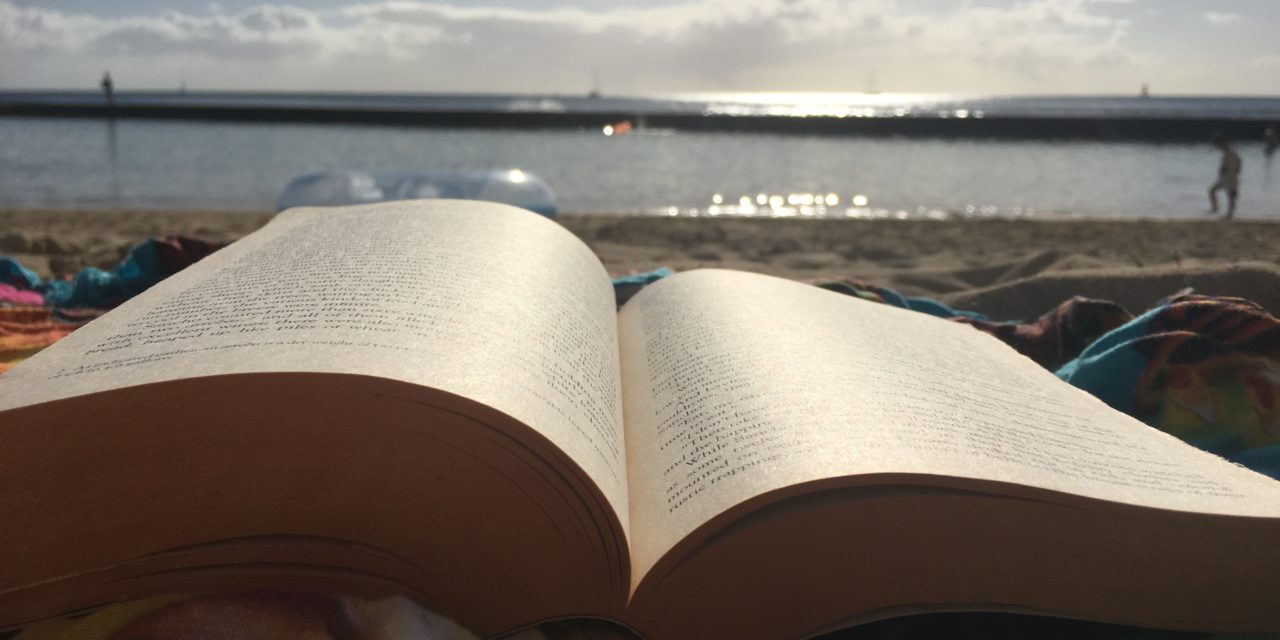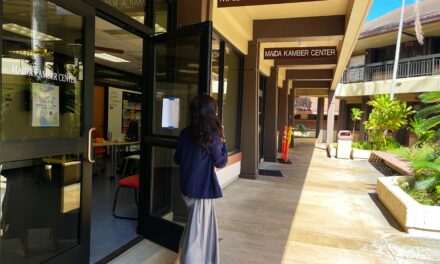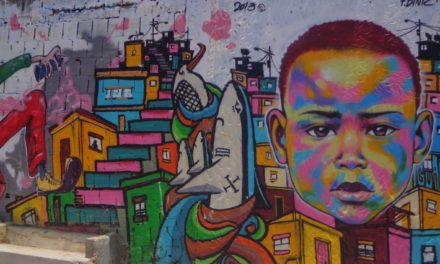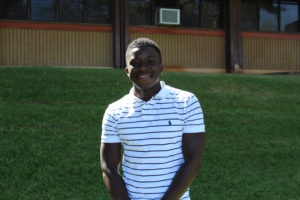By Katlin Cilliers | Staff Writer
With final exams out of the way, students get to kick back for a few weeks before it all starts again. Some of us prefer to go online and watch shows, while others would rather enjoy a beach read. The Kapi’o News asked professors to recommend leisurely reads for the winter break. Here’s what they said.
“The Snow Leopard” by Peter Matthiessen
Professor Chris Kelsey teaches English and provided a handful of book recommendations for this winter break. The first title on his list was The Snow Leopard, by Peter Matthiessen. In it, a conservationist embarks in search of an “almost mythical” creature, the snow leopard, while touching on topics such as expectations and spiritual discovery.
“He [Matthiessen] is a wonderful wordsmith,” Kelsey said. “[And Schallen]’s got a wonderful eye, the eye of a scientist.”
This first-person book tells the story of Matthiessen and the naturalist George Schallen in their exploration of Dolpo, a region in Nepal. The men set out on a journey impulsed by a scientific quest to study matters related to sheep, and an attempt to spot the rare snow leopard. However, ruminations about life, death and expectations emerge during their quest, turning what was intended to be a scientific expedition into a reflection about the meaning of acceptance and self-discovery.
“Big Happiness: The Life and Death of a Modern Hawaiian Warrior” by Mark Panek
To those interested in local stories, Kelsey also provided recommendations. Big Happiness is a biography of Percy Kipapa, a Hawaiian who goes to Japan and becomes a sumo wrestler, coming back home after seven years. It then narrates his addiction to methamphetamine.
Themes such as the role of the government in the meth crisis in Hawaiʻi, the meaning and importance of land, and social relationships on the island are touched in this book, which was released by the University of Hawaiʻi Press in 2011 and well-received by the local community. Due to its content,(themes such as drug use, graphic descriptions of violence and murder) reader discretion is advised.
To Kelsey, Big Happiness is a “very good piece about [the] crystal meth problem [in Hawaii].”
Professor Eric Denton, who teaches Religion, recommended it for being a “fun, fascinating look at a quirky aspect of American life.”
“Written in the 1990s by a British professor, the book is a colorful, entertaining history of the Theosophical Society and the roots of the American New Age movement,” he wrote in an e-mail.
“Spiritual seeking is a normal part of the human experience, but it is helpful to recognize that much of that seeking is shaped by the society in which we live and the narratives that inform our values,” Denton wrote. “In that regard, this book might be an eye-opening exploration of historical facts for those who regard themselves as spiritual seekers.”
“All I Really Need to Know I Learned in Kindergarten” by Robert Fulghum
Fulghum’s short read was remarkable to professor Dave Stevens, who teaches Network Security at KCC. The book invites readers to revisit values learned in childhood that may have been forgotten or overlooked. These simple lessons – being kind to other beings, sharing, and striving for balance in work and play time – are at the core of the book’s fifty essays. The collection was first published in 1986. Its 25th anniversary edition was released in 2004.
To Stevens, the book is a “funny and ironic revisiting of your past,” which gave him an opportunity for self-reflection in his early 20s.
When thinking of which book to recommend for a leisurely read this winter, Catherine Primavera – a professor in the English department at KCC – was quick to answer.
“The first book that comes to mind is ‘Life of Pi,’” she said.
The novel, published in 2001, tells the story of a 16-year-old that gets stranded in the Pacific Ocean with a hyena, a zebra, an orangutan and a tiger. The book tackles major themes such as life as a narrative one can choose, growth despite adversity, and faith. It is thought to be a modern classic, having sold over ten million copies worldwide.
“It’s not about animals, it’s about life,” Primavera said. “It’s about believing in the afterlife, believing in God. There’s psychology involved, anthropology, philosophy … there’s so many different layers to it.”






